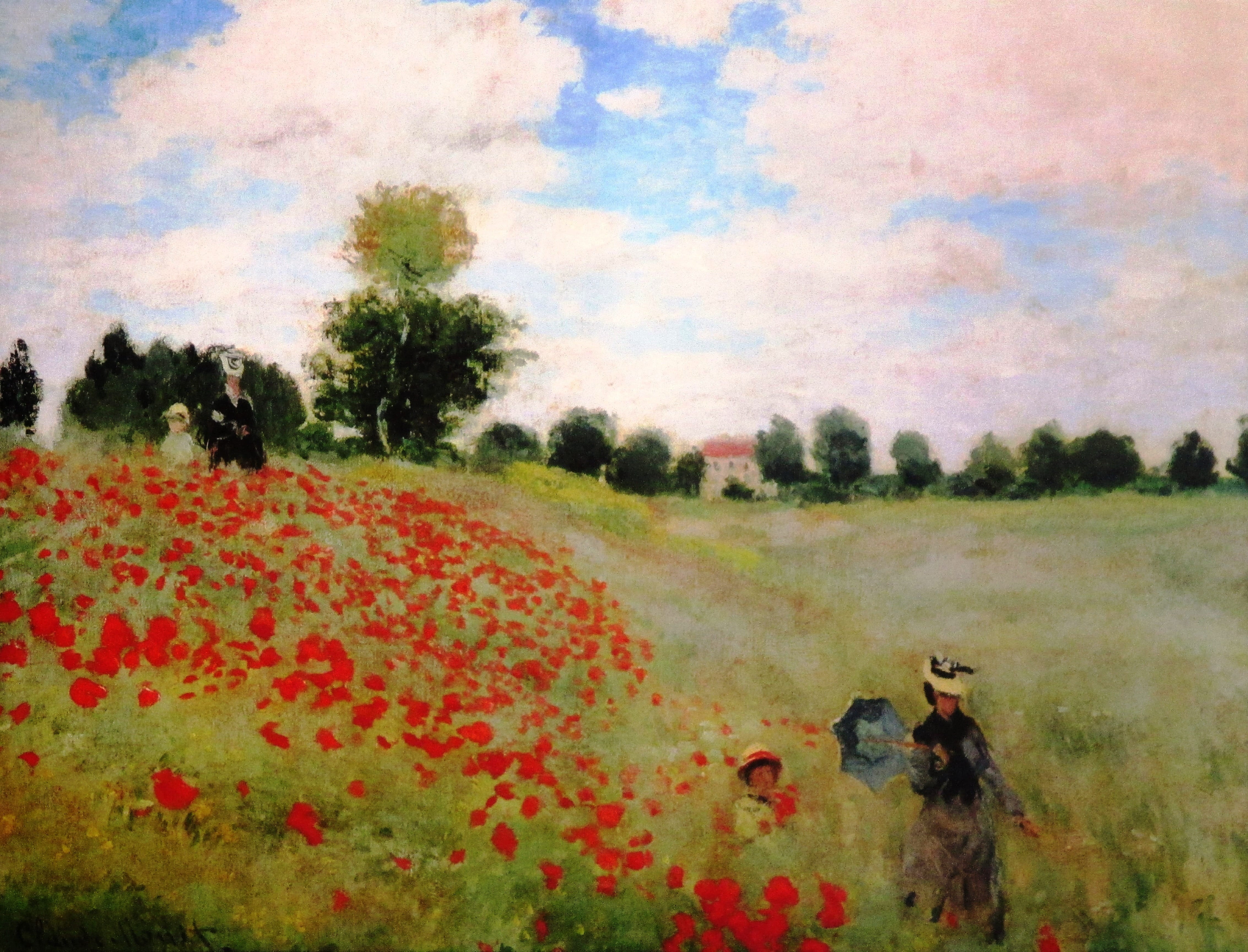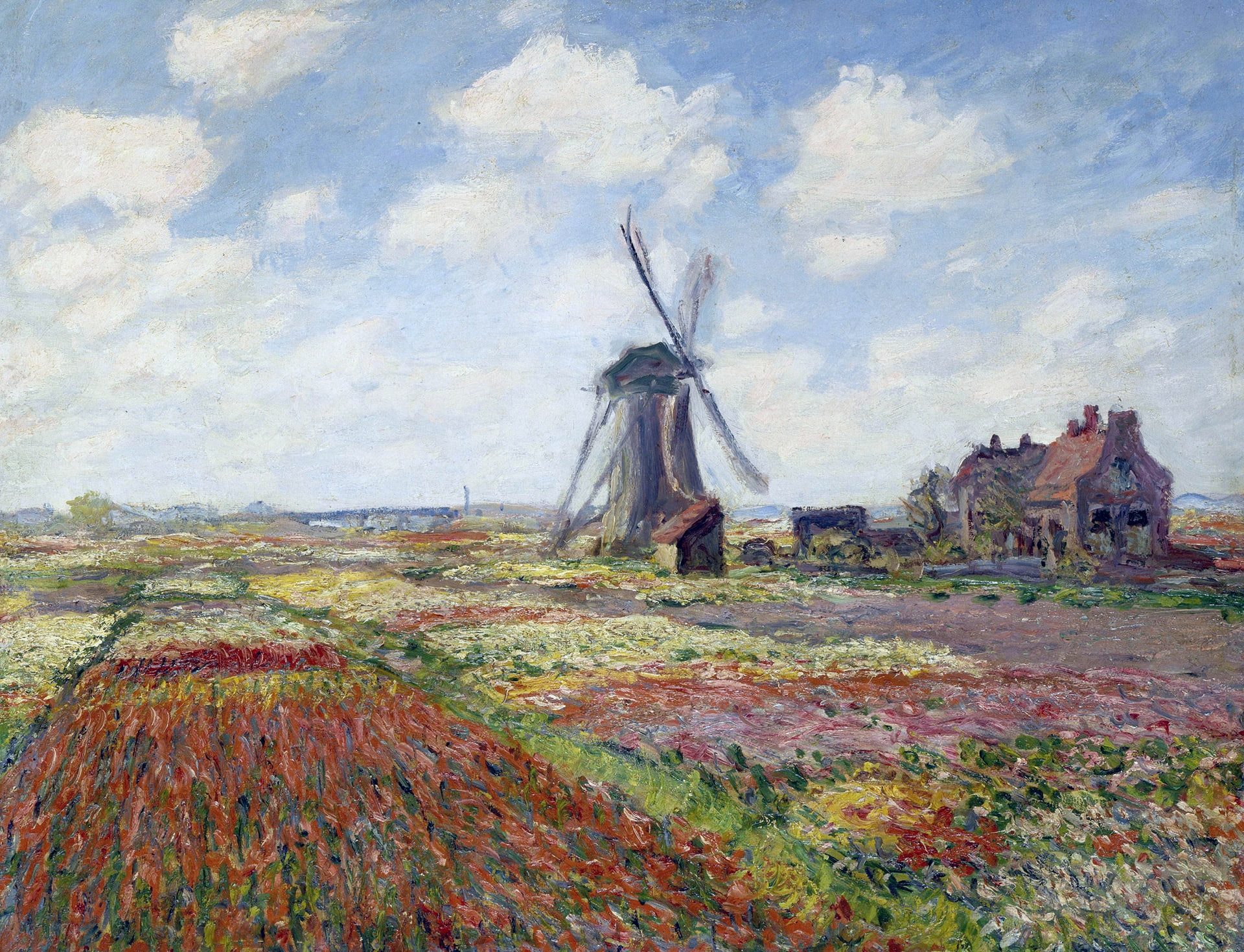Sports promote teamwork, discipline, and physical health while fostering community spirit.
## The Role of Sports
Sports promote teamwork, discipline, and physical health while fostering community spirit.
Sports play a significant role in society, serving as a powerful platform for personal development, social interaction, and community engagement. From local youth leagues to professional competitions, sports bring people together, fostering a sense of camaraderie and shared purpose. The impact of sports extends beyond the playing field, influencing various aspects of life, including physical health, mental well-being, and social cohesion.
One of the primary benefits of participating in sports is the promotion of physical health. Engaging in regular physical activity helps individuals maintain a healthy weight, improve cardiovascular fitness, and enhance overall well-being. Sports encourage individuals to stay active, develop strength, and improve coordination and flexibility. This emphasis on physical health is particularly important in today’s sedentary lifestyle, where many people struggle with obesity and related health issues. By promoting active lifestyles, sports contribute to healthier communities and reduce the burden on healthcare systems.
Moreover, sports instill valuable life skills such as teamwork, discipline, and perseverance. Athletes learn to work collaboratively with teammates, communicate effectively, and support one another toward a common goal. These skills are transferable to various aspects of life, including education and the workplace. The discipline required to train, practice, and compete fosters a strong work ethic and resilience, teaching individuals how to overcome challenges and setbacks. These lessons in character development are essential for personal growth and success in life.
In addition to individual benefits, sports also foster community spirit and social connections. Local sports teams and events bring people together, creating a sense of belonging and pride within the community. Whether it’s cheering for a local team or participating in community sports events, these activities strengthen social ties and promote a sense of unity. Sports can also serve as a bridge between diverse groups, fostering inclusivity and understanding among individuals from different backgrounds.
Furthermore, sports have the power to inspire and motivate. Athletes often serve as role models, demonstrating the importance of hard work, dedication, and sportsmanship. Their achievements can inspire others to pursue their passions and strive for excellence, both in sports and in life. Major sporting events, such as the Olympics or World Cup, capture the attention of millions, uniting people in celebration of athleticism and human achievement.
However, it is essential to recognize the challenges and pressures associated with sports, particularly at competitive levels. Issues such as performance anxiety, burnout, and the pressure to succeed can impact athletes' mental health. It is crucial for coaches, parents, and organizations to prioritize the well-being of athletes, ensuring that the focus remains on enjoyment, personal growth, and healthy competition.
Ultimately, the role of sports in society is multifaceted, offering numerous benefits that extend beyond physical activity. Sports promote health, teach valuable life skills, foster community connections, and inspire individuals to reach their potential. By supporting and participating in sports, we can cultivate a healthier, more connected, and resilient society, celebrating the joy of movement and the spirit of teamwork.











